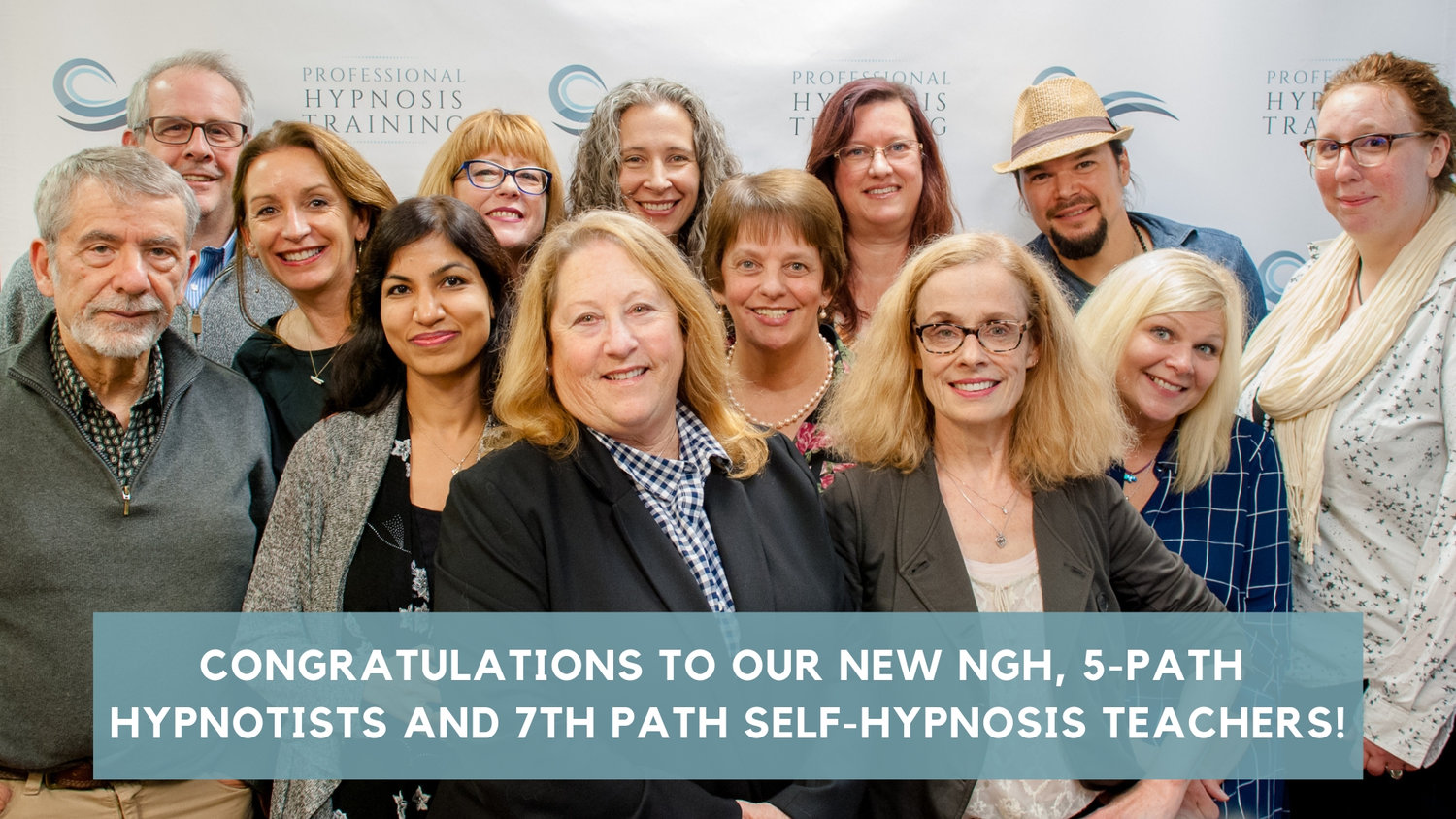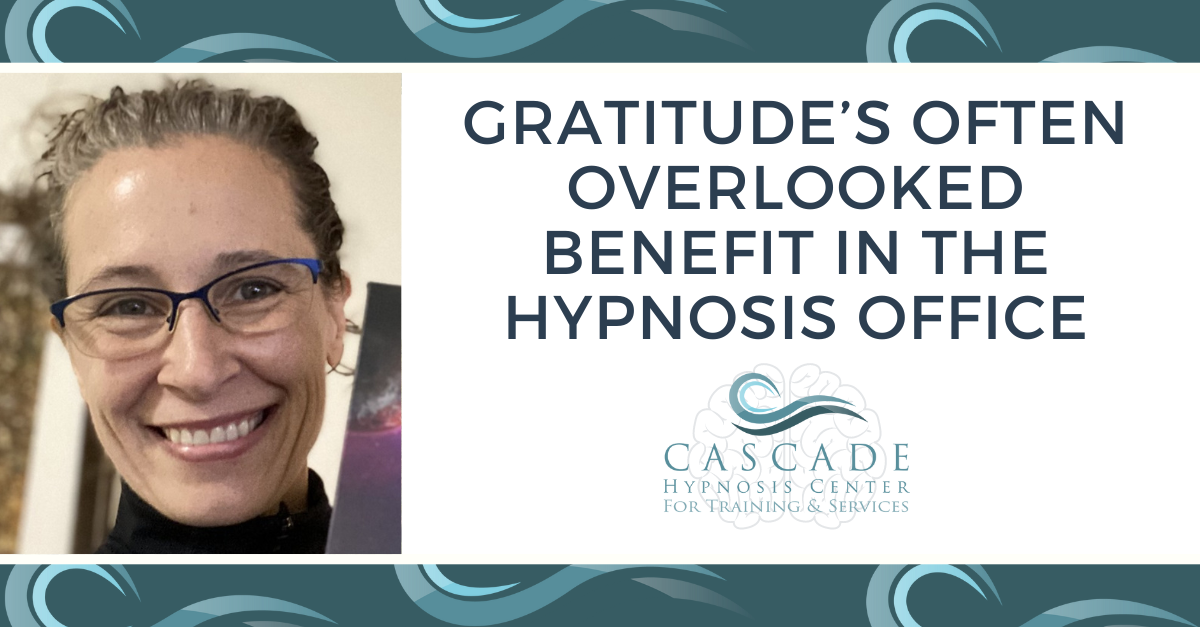The benefits of self-talk in our relationships
Positive self-talk is a powerful influencer of our relationships with ourselves and others. It can help us to feel more loved, worthy, and successful. It can help us to feel more confident and capable. It can also help us to overcome challenges and obstacles that we may face in our lives. But self-talk isn’t just about you. It also contributes greatly to the relationships in our lives, and our ability to communicate with others.
What is Self-talk?

Self-talk is what we say to ourselves in our minds, whether it be thoughts or words. Our self-image is a reflection of our self-talk. It’s an important collection of beliefs that is an important part of how we communicate with ourselves and others. These beliefs are usually a collection of sentiments we’ve received from parents, teachers, friends, partners, and even memorable strangers throughout our lives, that we’ve decided are a correct reflection of who we are. Some of us are lucky enough to have been surrounded by support which encouraged positive self-talk, and some of us had more criticism around which made negative self-talk easier.
Being aware of and taking control of your self-talk has incredible benefits for your mental and physical health. Studies have shown that healthy self-talk can improve our mood, immune system, cardiovascular health, and ability to manage stressful situations. It also has a lot of influence on how you communicate with others and your relationships.
The Power of Our Self-Talk On Others
It may seem obvious that the quality of our self-talk has a deep impact on our own lives, but it also greatly affects our relationships. We talk to ourselves more than anyone else, which makes self-talk our most practiced way of communicating.
You've probably experienced the extremes of someone else's self-talk before. Someone who's super negative can be almost exhausting to be around, while someone who's extremely positive can leave you feeling inspired and energized.
When we can use loving and supportive self-talk, we're more likely to share loving and supportive thoughts aloud, which people notice and want to be loving and supportive in return. One of the reasons this works is Hebb's neuroscientific rule of "cells that fire together, wire together," meaning that the more we practice a certain thought process, the more easily our brain repeats that process. So the more we practice positive self-talk, the more we can see positivity extend to every area of our lives.
If you can show yourself compassion when you make mistakes, others will notice and feel safe approaching you for help. If you can easily think of compliments, people will love talking to you and complimenting you back. You might even make someone’s entire week! If you’re able to stay calm in stressful situations, that can help others stay calm so that a solution can be reached faster. There are so many potential benefits to show the power our words have.
How to Evolve Your Self-Talk
The first thing is to start identifying the "I’m…" statements you use with yourself throughout the day. And if you can try to make note of the feeling that is attached to that statement. (When I’m stressed and make a mistake, sometimes I think “I’m dumb.”) A lot of the time, negative self-talk is picked up from someone in our past. When you catch yourself using negative self-talk you can ask yourself, "Is this me talking, or is it [parent, teacher, friend, that random stranger]?” It's helpful to identify these sources when possible, but not necessary if you’re unsure.
Next is to make a list of positive phrases or affirmations you want to start using. Keep this list on your phone or in your pocket for easy access throughout the day, and just start practicing catching the "I am" statements you want to change and saying one of your new statements whenever you can.
If you're struggling with believing these new thoughts, or feel kind of silly at first, that's totally normal. It's just like exercising our muscles. If I asked you start writing notes with your feet, that'd feel pretty weird too! So just stick with it in the beginning and compassionately push through any discomfort that comes up.
For more awesome information, listen to this podcast interview with Henny Flynn (posted below) which mentions the power of our thoughts, how hypnosis is based on the biological processes of the brain, and my newest book Academy of Eternity. Using your brain’s biology, you can develop a foundation for your mind to focus on positive self-talk — and hypnosis makes this process fast and effective. Whether you’re looking to transform deep negativity from your past, or further improve positive habits, it’s completely possible and you’re worth it.
If you’re interested in learning more about achieving self-actualization get a free copy of Academy of Eternity here.
Erika and Henny discuss these topics around the 15 minutes mark.
-
All timestamps are summaries and not direct quotes.
5:13 - Before we even start with hypnosis, can you get us started with some of your life story and how you came into learning how powerful hypnosis can be?
8:00 - Henny shares how much she connects to Erika's story of hitting that lowest of low while still having all the things you're supposed to have like a good job, family, house, etc.
9:50 - What drew you to wanting to work with others? Erika discusses how she could equate the mind and computers when learning about hypnosis, which gave her that big picture understanding that hypnosis had awesome capabilities.
12:00 - Who are some of your teachers, since we often bring our teachers with us into our practice?
13:15 - Henny works with intention setting and is excited that is one of Erika's focuses with hypnosis. They discuss how intention setting helps you not even want the things that used to hinder you.
14:45 - You've worked a lot with weight loss, and there's such delicacy and tenderness around this issues, and I’m aware that weight can really be a protective layer we wear around us; so I'm curious how your compassion and intention setting helps those people?
Erika shares how negativity bias is biological and used to be necessary, but in the present day it can be combined with intention setting to set us free.
18:05 - People can often feel a pressure to change, and like everything is outside of their control or something they should do. How can hypnosis help us get back to self compassion and not cling to anxiety?
Erika shares how much hypnosis works with the nervous system to rebalance our internal workings to have self-compassion.
"Every single time that something amazing happens, was because somebody was present," Erika in reference to her friend Sarah
21:25 - Discussing word flips: Instead of should - could. Instead of have to - get to or have the opportunity to.
22:15 - In the process of reframing our mindset, it seems like there are ways that it happens without needing to be in hypnosis. Is that true?
23:35 - How can using hypnosis supercharge that ability to treat yourself with compassion when emotions get high?
25:06 - Can you talk about the process or practical ways in which people change their mind state? Erika shares about how physical cues can encourage our emotional feelings to calm down.
29:20 - So you talked about activating Alpha brain waves?
32:25 - When I did hypnosis myself, I felt as if I always had control, but at the same time you are trusting this person with your deepest secrets. How do you work with people in these extremely vulnerable areas?
"You tell them that they're completely loved no matter what."
34:55 - We talked about how hypnosis works, and neuroplasticity; I'm curious if there are times when hypnosis is not the right intervention, or is it something that can be helpful in every situation?
36:04 - How do you use hypnosis yourself Erika?
38:15 - They discuss how life is an ongoing process, and there's never going to be a "Tada you're done forever!"
42:12 - I'm loving the breadth of modality with hypnosis. "Beware the man of one book." Everything you're talking about feels so generous and incorporative of everyone's experiences and beliefs.
45:30 - They discuss Erika's newer book Academy of Eternity and how it's about self-actualization.
50:06 - As a core life lesson, what would you like yourself to remember as you move forward?
51:00 - If you think of this period of your life as a chapter in your book, what would the title of this chapter be?
53:51 - You've talked about the spiritual aspects of your life throughout our whole conversation, and I'm aware that spirituality is a broad spectrum, and it sounds like you're very open to what constitutes spirituality.
57:05 - Is there any other thing you'd like to leave our listeners with? Erika discusses the importance of staying in the present moment and practicing how to calm down your nervous system.



-Nov-10-2022-06-24-01-4334-PM.png)
